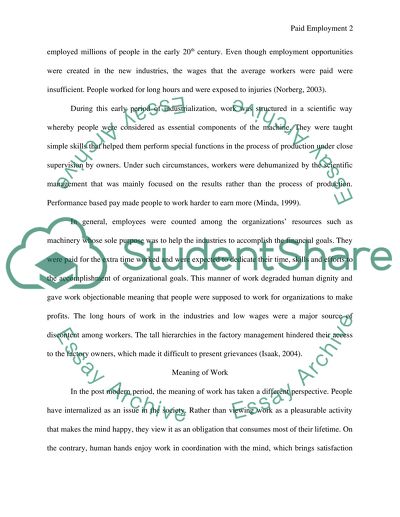Cite this document
(“Organisational Behaviour and Human Resource Management BEM2004 Essay - 1”, n.d.)
Retrieved from https://studentshare.org/miscellaneous/1575084-organisational-behaviour-and-human-resource-management-bem2004
Retrieved from https://studentshare.org/miscellaneous/1575084-organisational-behaviour-and-human-resource-management-bem2004
(Organisational Behaviour and Human Resource Management BEM2004 Essay - 1)
https://studentshare.org/miscellaneous/1575084-organisational-behaviour-and-human-resource-management-bem2004.
https://studentshare.org/miscellaneous/1575084-organisational-behaviour-and-human-resource-management-bem2004.
“Organisational Behaviour and Human Resource Management BEM2004 Essay - 1”, n.d. https://studentshare.org/miscellaneous/1575084-organisational-behaviour-and-human-resource-management-bem2004.


